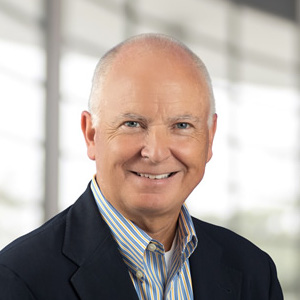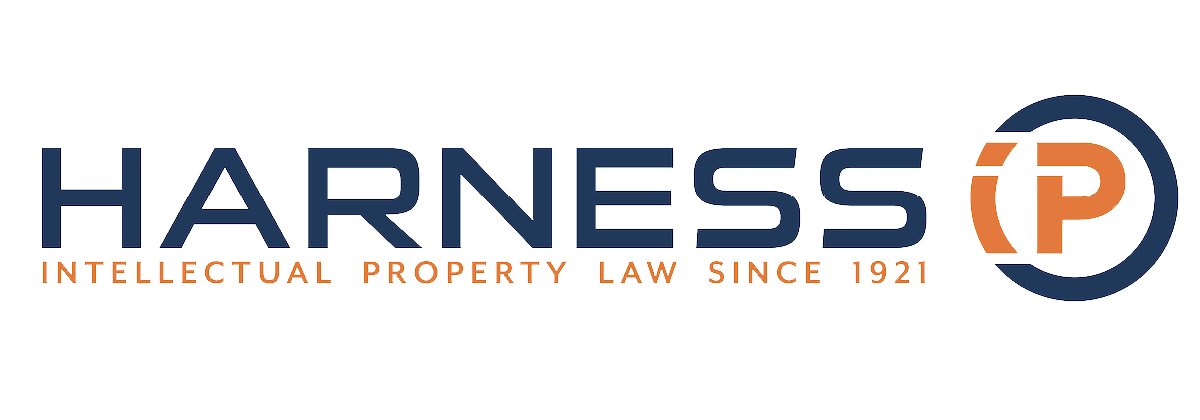Recognized as one of the top patent educators in the United States, John has over 40 years of experience in all phases of the patent field.
At Harness IP, John is engaged in outreach to prospective and existing clientele as to how Harness can assist in identifying and helping meet their need for IP services. John also provides Expert Witness services in litigation where USPTO procedures and other patent topics may come up.
As a Director of the PCT+ Learning Center (PCT+LC) John is responsible for program planning and outreach to the IP Law community as to the training and teaching and seminar services offered by PCT+LC.
As Chair of the PLI Patent Bar program, since 1995, John has taught over 38,000 fellow patent practitioners in preparation for the Patent Office registration exam. He has also taught more than 400 U.S. Patent Examiners patent law and evidence. In addition, John has served as an Adjunct Professor for the University of Virginia School of Law, and John Marshall Law School, University of Illinois (Chicago) and has created numerous patent education programs and publications.
John began his IP career as a Patent Examiner at the United States Patent and Trademark Office (USPTO-1985) and later as a Special Assistant to the Commissioner of Patents. After leaving the USPTO, he founded what would become the largest dedicated patent search, documentation, and technical translation entity in the United States, supplying the needs of clients across the globe. He founded the patent law firm, Berenato & White (1988), and a patent education company, now part of the Practising Law Institute (New York).
John has examined, written, and prosecuted thousands of patent applications, including PCT applications, in the United States and around the world.
John graduated in Civil (Structural) Engineering from Virginia Tech and obtained his law degree from George Washington University. He regularly speaks and publishes on a host of patent topics. He is registered to practice before the USPTO and a member of the bar in Virginia, Pennsylvania, and the District of Columbia.

Recent Articles by John White
Dear Howard Lutnick [the Trump Nominee for Commerce Secretary]: In this busy transition season from one administration to the next, I am here to help! Lucky you! I have already penned an open letter to [the Department of Government Efficiency] DOGE regarding patents and America. I understand you are now interviewing candidates for the job of Director of the United States Patent and Trademark Office (USPTO). I have been in the fortunate position of having personally observed much of the last four decades of senior USPTO staff and their effectiveness.
Regime change is upon on us! You two [Elon Musk and Vivek Ramaswamy] have been identified among those who will have considerable influence on policy and procedure for various government enterprise in the coming presidential administration. Hence, I write this letter in the hope it may affect your thinking as to the patent system and its current implementation in the United States. I write on behalf of a culture that has, for 200-plus years, believed a better tomorrow is made possible by the innovation of today.
Gene Quinn and I have collectively been teaching patent bar prep for almost 60 years! In that time, we’ve had contact with many career-bound patent people. All had, without exception, a background in the sciences or engineering, or both. The list of qualifications has, over the years, been expanded as technology has expanded. In years gone by, degrees in Biology and Computer Science would not have qualified you to sit for the U.S. Patent and Trademark Office (USPTO) Registration Exam, but now they do, along with many other intersectional STEM qualifications, including, for the first time, advanced degrees in these disciplines. Good, I say. The more the merrier.
By now, unless you live in a total IP blackout zone, you’ve heard about the Unitary Patent and Unified Patent Court (UPC). Your friends in Europe, particularly, have been insistent on informing you, whether you want to know or not, with daily (if not hourly) email blasts, since January of this year. But most of what they tell you misses the forest for the trees. Here’s why. Let’s begin at the beginning. Aside from your client telling you to, why do you file a patent application? The only answer is: it is a hedge as to the future. The reason for that is that you and they have no way of knowing at the time of filing whether this will be the “next big thing” or just another “thing”. You might say or even believe that filing an application is about “protection” or potential “revenue”. But it isn’t.
An IP announcement that may have slipped past you in the last few weeks is that China will now become a part of the Hague System for the International Registration of Industrial Designs. The Act will officially enter into force on May 5, 2022. Does this make a difference to you and your clients? Yes, in a very, very big way. Back in the mid-1990s, I had a key client operating out of Hong Kong, prior to the transfer of sovereignty from the UK back to China. He had, by then, become the world’s largest “maker” and seller of vacuum cleaners. Yet, he had only a small staff, mostly engaged in shipping and monetary transactions, i.e., paying for and getting paid for goods he bought and sold to vendors across the globe located in developing world economies.


![[IPWatchdog Logo]](https://ipwatchdog.com/wp-content/themes/IPWatchdog%20-%202023/assets/images/temp/logo-small@2x.png)

